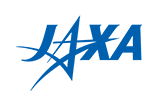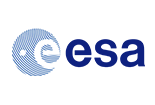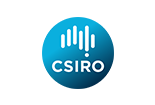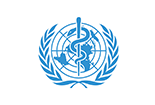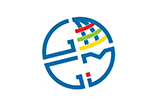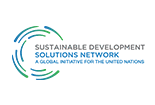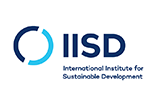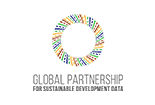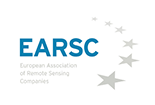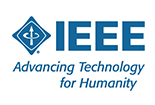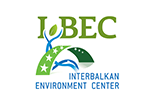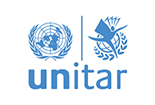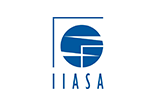Announcing the GEO SDG Awards 2023 – Nominations open May 16 – July 16th, 2023.
The Sustainable Development Goals (SDGs) are a set of 17 ambitious targets adopted by the United Nations in 2015, aimed at addressing poverty, inequality, and environmental degradation. As of 2023, progress towards achieving these goals has been mixed. While some targets have been met or are on track, others are lagging behind or even regressing. In light of this, it is more important than ever to recognize the contributions of organizations that are working tirelessly to achieve the SDGs. One way to do this is through the GEO SDG Awards, which are designed to celebrate the impact of Earth observations and geospatial information on sustainable development.
The call for nominations for the 2023 GEO SDG Awards was open from May 16 – July 2nd July 16th, 2023. The nominations period is now closed. The new application will be posted here on May 16. We encourage any organization that has used Earth observations or geospatial data to support sustainable development practices, analysis, or reporting to submit a nomination. The awards will be presented at the GEO Week 2023 conference, which will take place in Cape Town, South Africa from November 6-10, 2023.
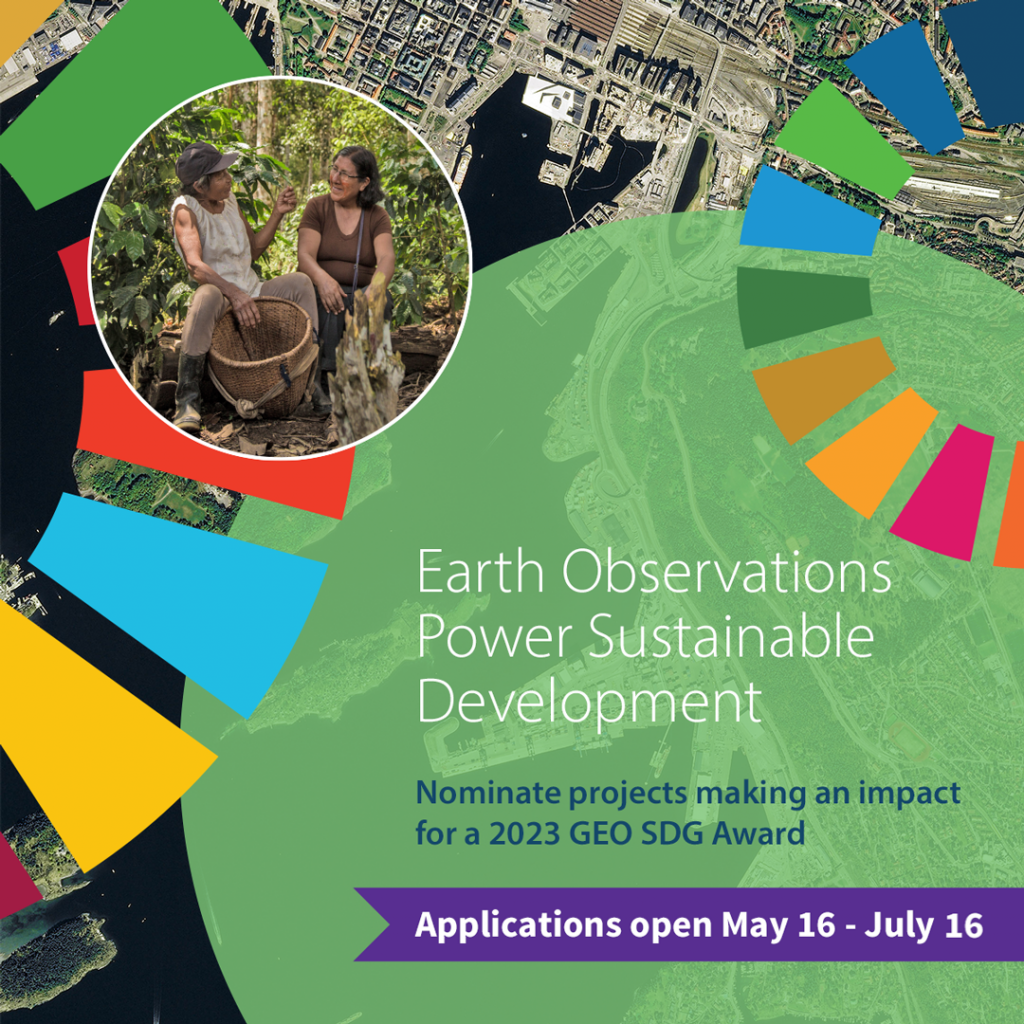
The GEO SDG Awards are supported by the EO4SDG Initiative, an activity of the Group on Earth Observations (GEO). EO4SDG relies on the cooperation and contributions from more than 40 organizations across the world. Its aim is to bring stakeholders together to explore and promote the use of Earth observations to monitor progress towards achieving the SDGs.
Since 2019, the program has recognized 30 incredible winners from around the world. One of the 2022 winners, Reforestamos México, used Landsat 8 satellite images to generate updated spatial information across 8 forest connectivity corridors in 16 states of Mexico, which add up to an area of 11,088,004.79 hectares with a population of 18,791,448 inhabitants, supporting SDG 15.2 and local decision makers regarding land management conservation, biodiversity, and ecosystem services. The project has also built new alliances to support better local land management.
In 2021, the UAE’s Federal Competitiveness and Statistics Centre won an award for creating the SDG Data Hub, a geospatial platform that tracks and reports progress towards SDG implementation to the UAE Cabinet and the UN Department of Economic and Social Affairs. The platform integrates data from multiple sectors and entities, engages with users, and calls for actions to adopt sustainable living habits.
The GEO SDG Awards Program celebrates the achievements of the private sector as well. In 2020, HR Wallingford, an independent, not-for-profit, research organization, was recognized for its work on the Dengue Model forecasting Satellite-based System (D-MOSS) project. D-MOSS aims to predict the number of cases of dengue fever up to six months in advance in Vietnam using earth observation technologies, in-situ observations, and seasonal climate forecasts. The system helps officials issue warnings and target mosquito control and community awareness activities to improve planning and prevention measures against the disease.
As these examples demonstrate, the potential impact of Earth observations and geospatial information on sustainable development cannot be overstated. These tools have the power to provide decision-makers with critical information about the state of the environment and the effectiveness of interventions aimed at achieving the SDGs.
Don’t miss out on your chance to be recognized!
If you have questions, please contact awards@eo4sdg.org.




